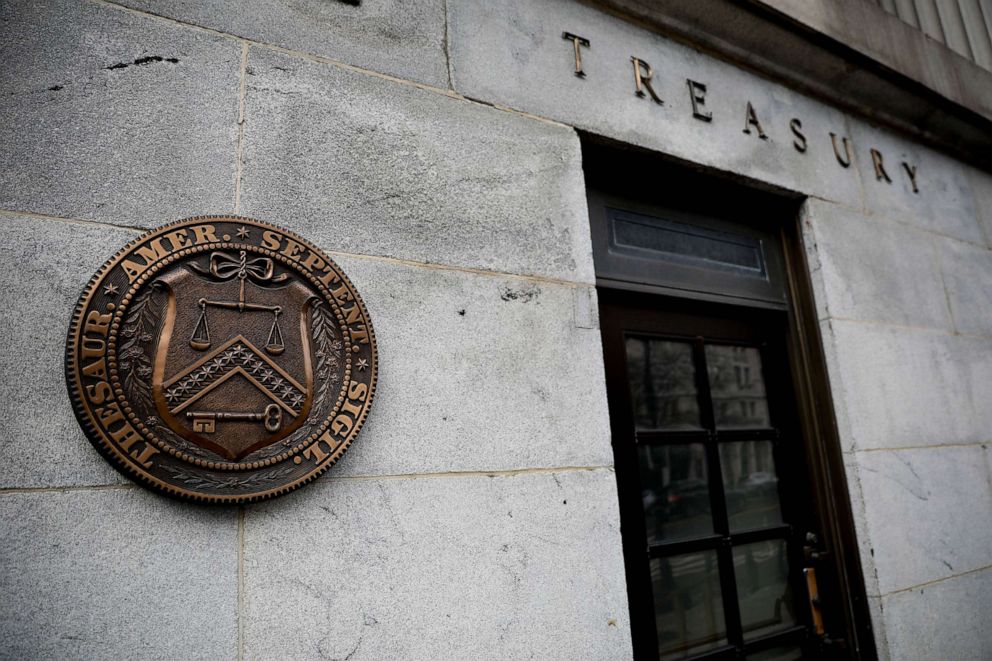Germany shuts down world's largest illegal marketplace on darknet with US help
Hydra Market's sales were over 1 billion euros in 2020 alone, authorities say.
German authorities took down the world’s largest illegal marketplace on the darknet with the help of U.S. law enforcement agencies, they said.
Hydra Market was a Russian-language marketplace that had operated via the Tor network since at least 2015 and was known for extensive drug trafficking, according to German authorities. The market's 17 million known customers were also known to buy and sell forged documents and stolen credit cards, they said. In 2020, its sales amounted to well over $1 billion euros.
German authorities said they seized Hydra’s server infrastructure and about $25 million in bitcoin on Tuesday.
“The seizures carried out today were preceded by extensive investigations that have been conducted…since August 2021 and in which several US authorities were involved,” the German federal police announced.
Numerous U.S. agencies, including the Drug Enforcement Administration, the IRS Criminal Investigation and others were involved in the operation, they said.
The investigation targeted the operators and administrators of Hydra, according to German authorities. Among other things, authorities said the market was being used for criminal transactions, money laundering and abundant sales of illegal narcotics.
Hydra was the illegal marketplace with the highest turnover worldwide, German authorities said. Its sales amounted to at least 1.23 billion euros in 2020 alone. It also offered a service for obfuscating digital transactions, complicating crypto investigations for law enforcement agencies.

In addition to the law enforcement actions taking down Hydra's illegal marketplace, the U.S. sanctioned the company, along with a virtual currency exchange based in Estonia, the U.S. Treasury Department said in a statement.
“The global threat of cybercrime and ransomware that originates in Russia, and the ability of criminal leaders to operate there with impunity, is deeply concerning to the United States,” Treasury Secretary Janet Yellen said in the statement. “Our actions send a message today to criminals that you cannot hide on the darknet or their forums, and you cannot hide in Russia or anywhere else in the world."
Hydra accounted for some 86% of illicit Bitcoin transactions in Russia in 2019, according to the U.S. Treasury, while Estonian exchange Garantex was used for over $100 million in virtual currency transactions associated with illicit actors. Estonian authorities stripped Garantex of its license in February, but it continued to operate "through unscrupulous means," the department said.
These sanctions are an attempt by the Biden administration to show that virtual currency will not be able to evade U.S. and international sanctions on Russia or other criminal actors.
The Treasury Department's Office of Foreign Assets Control "is closely monitoring any efforts to circumvent or violate Russia-related sanctions, including through the use of virtual currency, and is committed to using its broad enforcement authorities to act against violations and to promote compliance," the department said.




